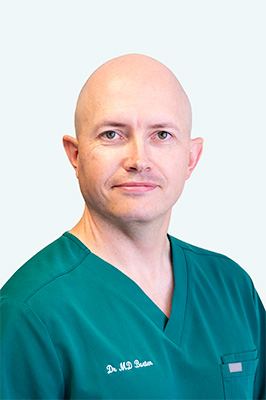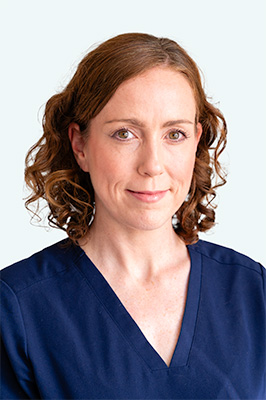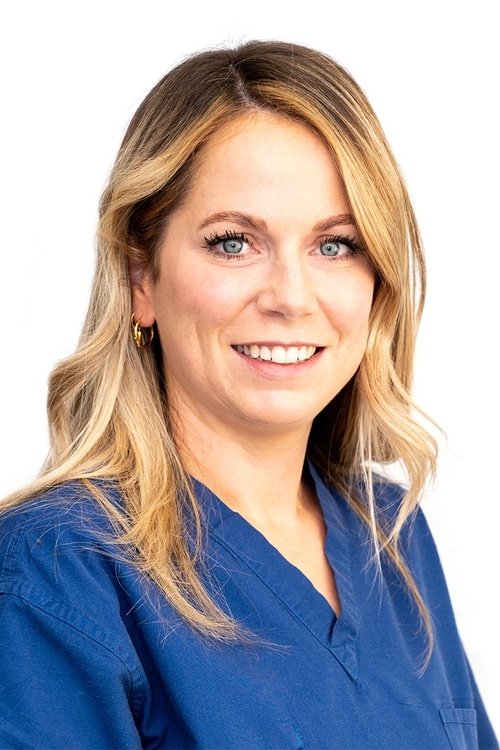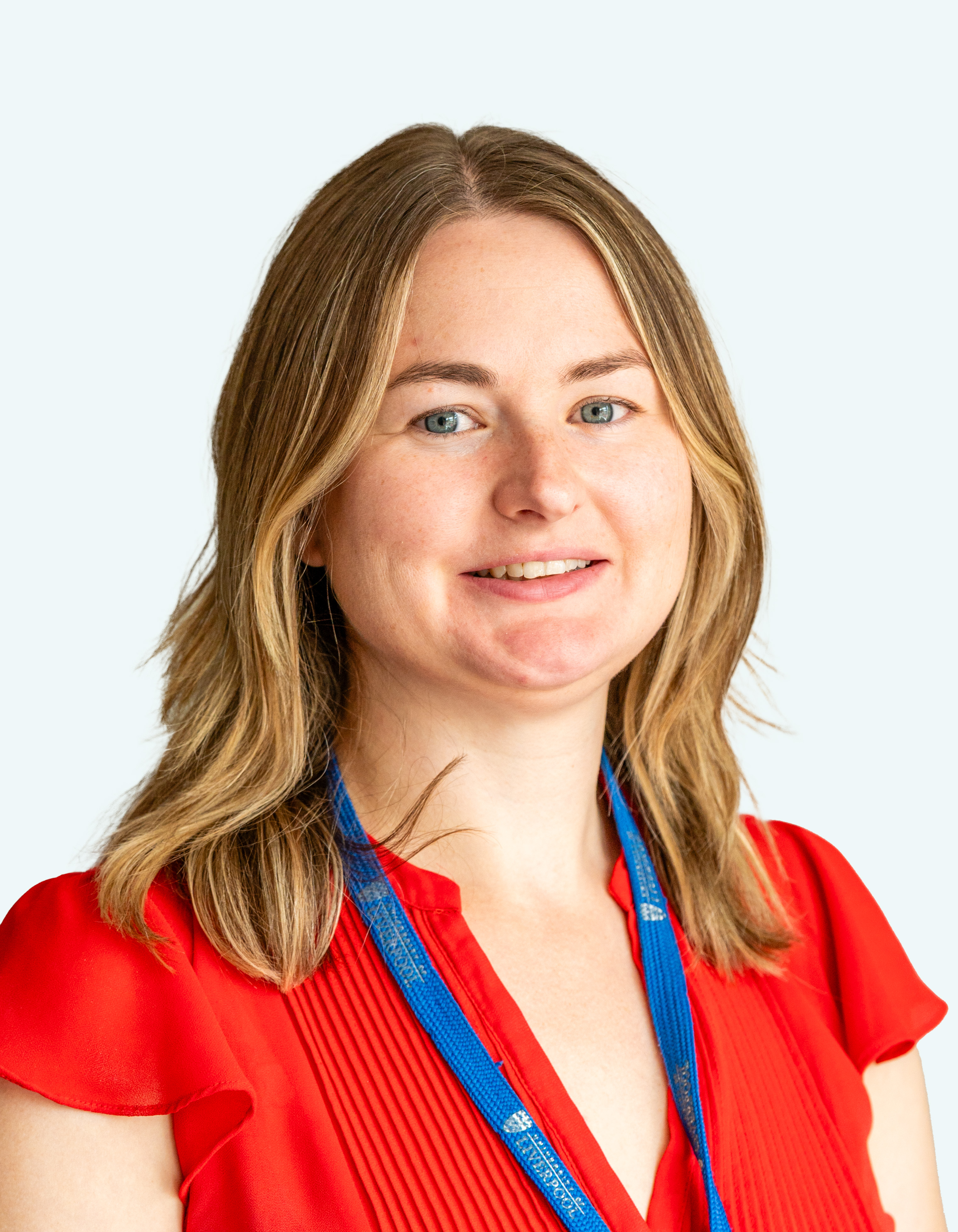Modern general practice is delivered by a mixed portfolio of healthcare professionals supporting the doctors.
Here's a guide to the types of clinician you might encounter at Grassendale Medical Practice.
GP Partners
Some of our GPs are also partners in the practice. This means they are owners of the business that is contracted to provide General Medical Services under contract to the NHS. As well as seeing patients the Partners have to make time to look after the management and administration of the practice.
Salaried GPs
These GPs are employed by the practice and are permanent members of the clinical team.
Locum GPs
Locum GPs are doctors who are not employed by a specific practice. They are booked to help cover clinical sessions for our regular doctors who are not at work due to maternity, training, holidays, or sickness for example.
First Contact Practitioners
This is a shared service funded by the local Primary Care Network, SWAGGA. Patients from any PCN practice can be referred to the service, and their patients may attend appointments hosted at any of the other practices in the network - i.e. Grassendale patients can go to neighbouring surgeries to see the FCP team if the appointment timing suits them better.
It provides direct access to senior, experienced musculoskeletal (MSK) practitioners for the assessment and diagnosis of MSK problems without having to see a GP first. This sometimes means quicker access to secondary (specialist) care if that’s what’s needed. If you contact the practice and it is identified that there is an MSK issue you can be booked in directly for FCP by the Care Navigators.
If a patient is booked in to see a GP first, the GP cannot subsequently 'refer' to FCP. This may mean longer waits to access treatment. FCP referrals to the specialist teams may be seen quicker than GP referrals because of the in-depth assessment done by the FCP team, and FCP can give most patients exercises and information to help self-manage and improve their condition, which GPs often cannot.
Sometimes a GP may identify an MSK issue from an online consultation and request an appointment, but if you have already consulted with a GP for the same problem, you can’t then be booked in with FCP.
Advanced Nurse Practitioners (ANP)
Advanced Nurse Practitioners are Registered Nurses who have done extra training and academic qualifications to be able to examine, assess, make diagnoses, treat, prescribe and make referrals for patients who present with undiagnosed/undifferentiated problems.
Practice Nurses
General Practice Nurses are a vital part of our primary healthcare team. Our practice nurses will be involved in almost every aspect of patient care and treatment, undertaking such tasks as:
- Helping people manage long term conditions such as diabetes, asthma and COPD
- Health screening
- Family planning
- Assisting with with minor operations
- Running vaccination programmes
- Administering child immunisations
The role allows nurses to develop long term relationships with individuals and families, managing their conditions and improving physical and mental health and wellbeing.
Health Care Assistants (HCA)
The role of HCA is evolving in the NHS workforce but they have long been a central part of the healthcare team. Supplementing and supporting the work of the practice nurses they carry out a wide range of tasks which includes.
- Taking and processing blood samples
- Diagnostic tests such as ECG
- Administering some kinds of vaccination and immunisations
- Conducting reviews with people with long term conditions such as diabetes
- Health reviews and the provision of lifestyle advice
Independent Prescribing Pharmacist
Clinical pharmacists work as part of the general practice team to improve value and outcomes from medicines and consult with and treat patients directly. This includes providing extra help to manage long-term conditions, advice for those on multiple medicines and better access to health checks. The role is pivotal to improving the quality of care and ensuring patient safety.
Having clinical pharmacists in GP practices means that GPs can focus their skills where they are most needed, for example on diagnosing and treating patients with more complex conditions. This helps GPs to manage the demands on their time.
Resident Doctors
Medical graduates enter the medical workforce as ‘resident doctors’ on a two year work based training
programme. This is known as the ‘foundation programme’ and is the first level of clinical training for qualified doctors that bridges the gap between medical school and specialty training.
The foundation programme is carried out in hospitals and the two years are often referred to as ‘FY1’
(foundation year one) or ‘FY2’ (foundation year two) by medical staff, and as such, junior doctors on the foundation programme may introduce themselves to patients as an ‘FY1’ or ‘FY2’ doctor. Foundation Stage 2 Doctors complete a four-month rotation in General Practice and work under the supervision of our experienced GPs.
Completion of FY1 allows junior doctors to gain full registration with the GMC and completion of FY2 allows them to apply for further study and training in a specialised area of medicine such as general practice.
Typically the speciality trainee (ST) doctors that work at the surgery are in the third and final year of their qualification to be a GP and are known as ST3 doctors and also , sometimes, as Registrars.
Social Prescribing
Social prescribing – sometimes referred to as community referral – is a means of enabling GPs, nurses and other health and care professionals to refer people to a range of local, non-clinical services.
Recognising that people’s health is determined primarily by a range of social, economic and environmental factors, social prescribing seeks to address people’s needs in a holistic way. It also aims to support individuals to take greater control of their own health.
Social prescribing schemes can involve a variety of activities which are typically provided by voluntary and community sector organisations. Examples include volunteering, arts activities, group learning, gardening, befriending, cookery, healthy eating advice and a range of sports.
Your GP, Nurse or Healthcare Assistant may refer to a social prescriber who works at Grassendale Medical Practice.
GP earnings
All GP practices are required to declare the mean earnings for GPs working to deliver NHS
services to patients at each practice.
The mean earnings for GPs working in Grassendale Medical Practice in the financial year
ended 31st March 2024 was £72,180 before deduction of employee's superannuation
contributions, tax and National Insurance. This is the average pay for 8 part-time GPs who worked in the practice for more than 6 months during that year.










